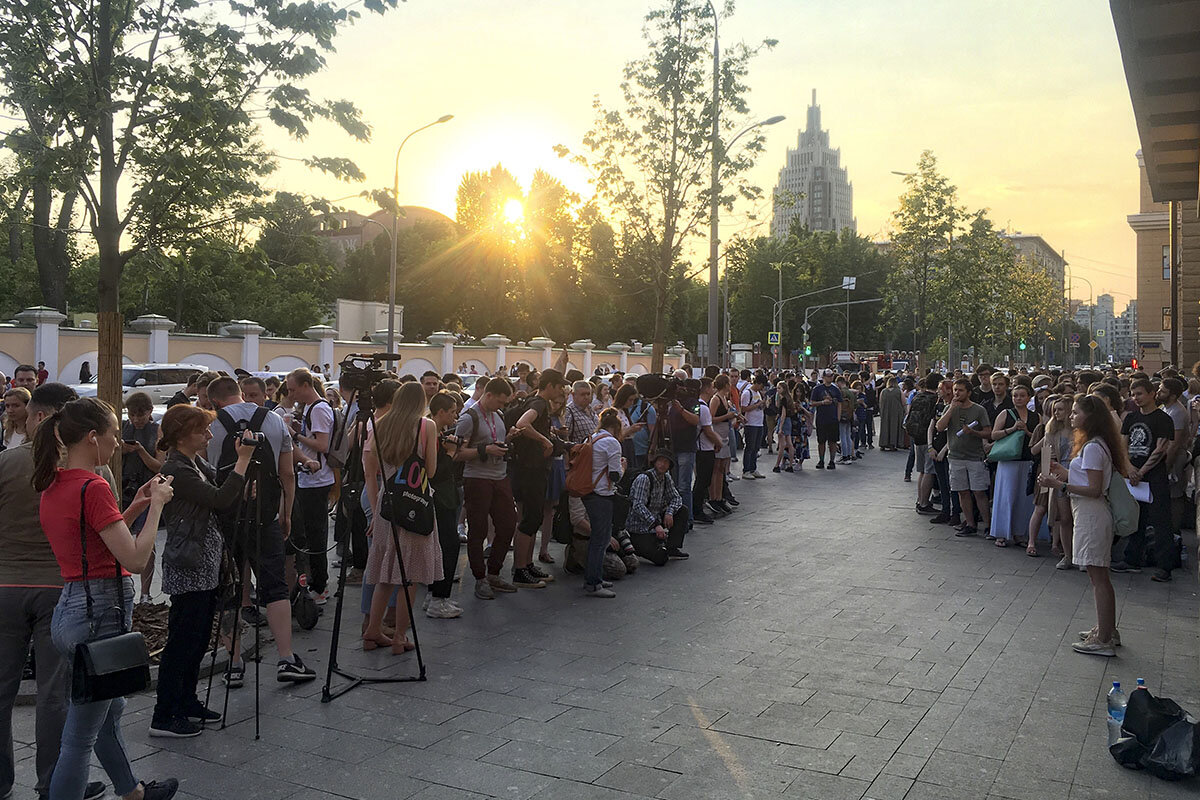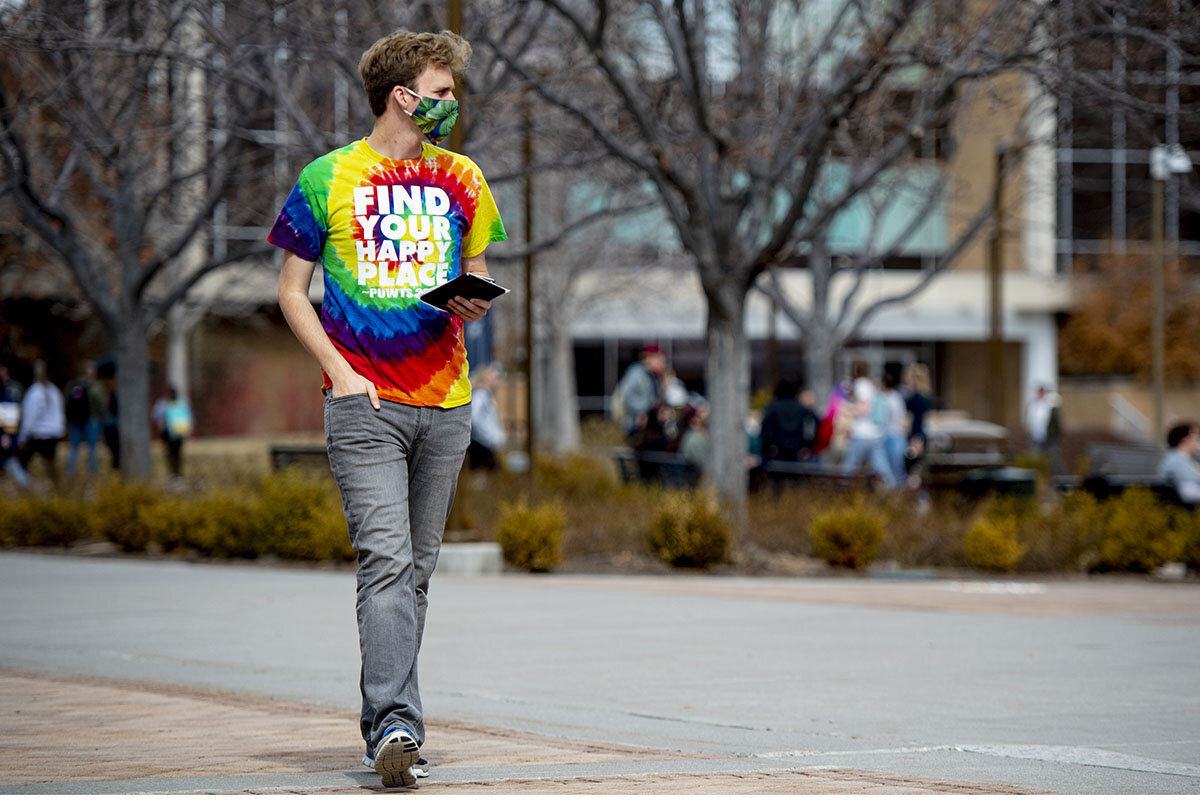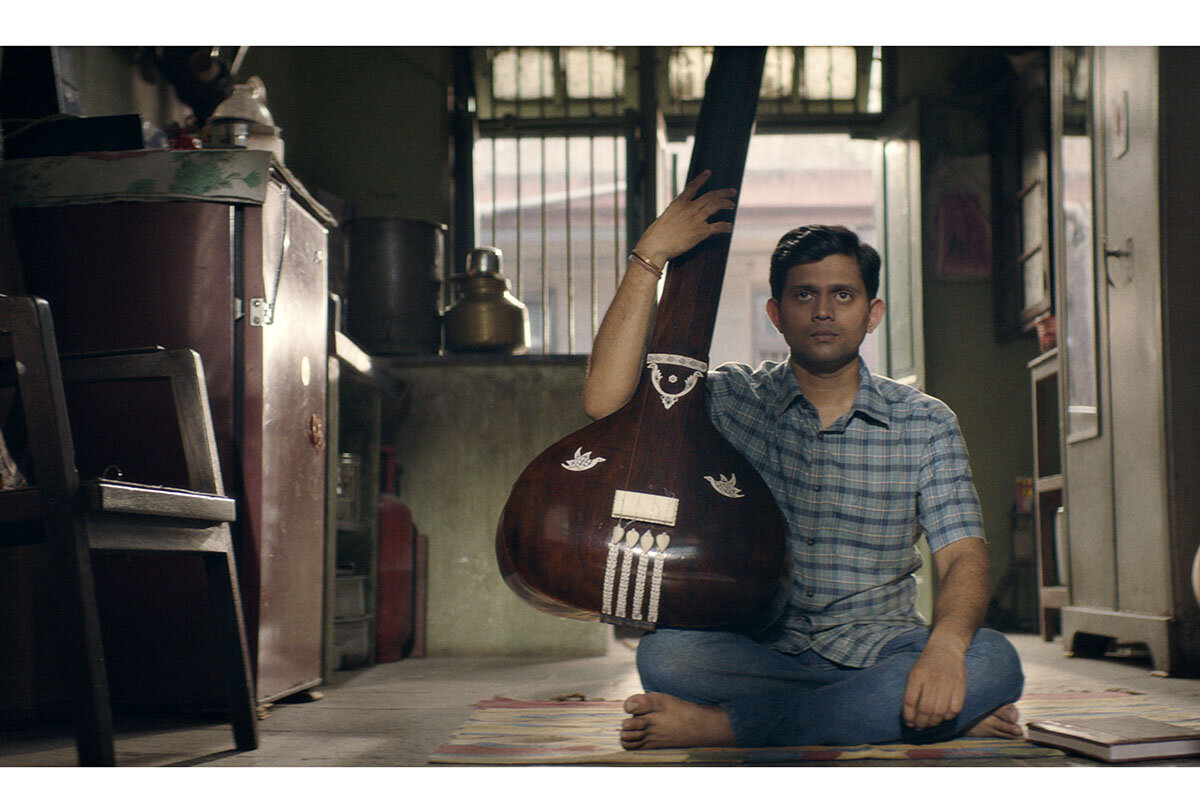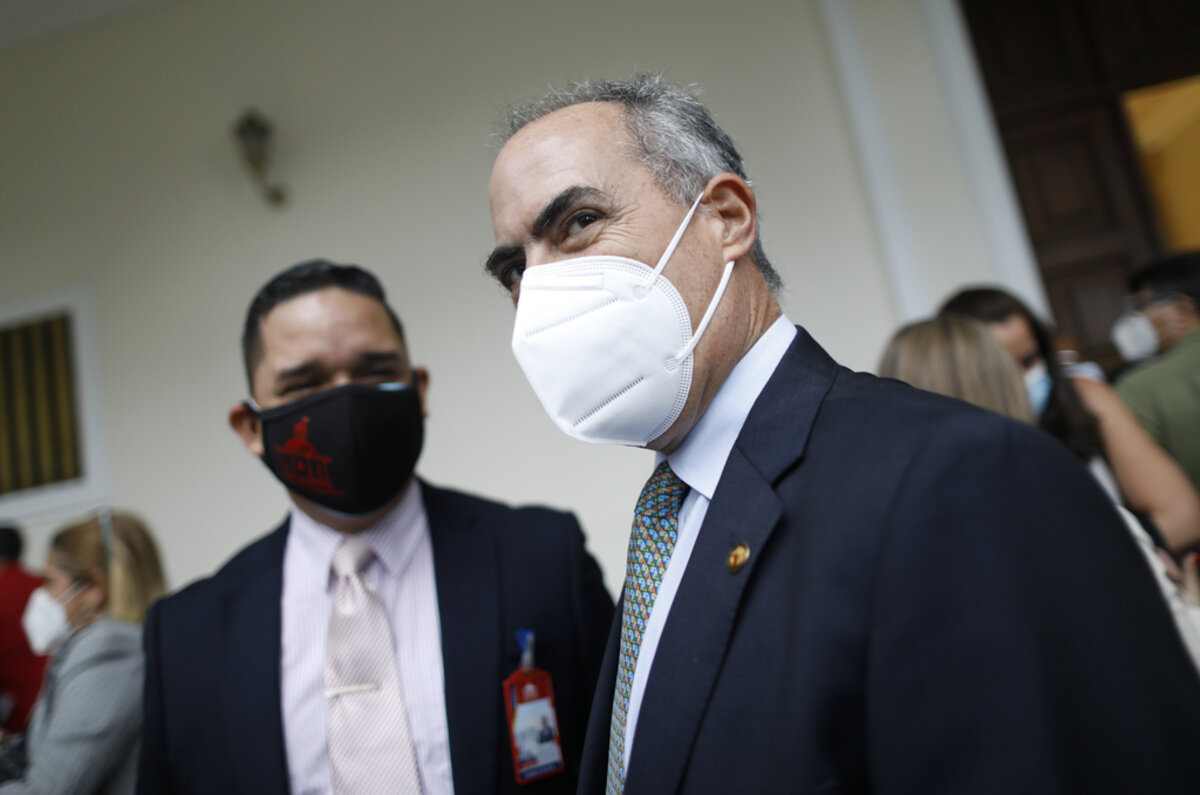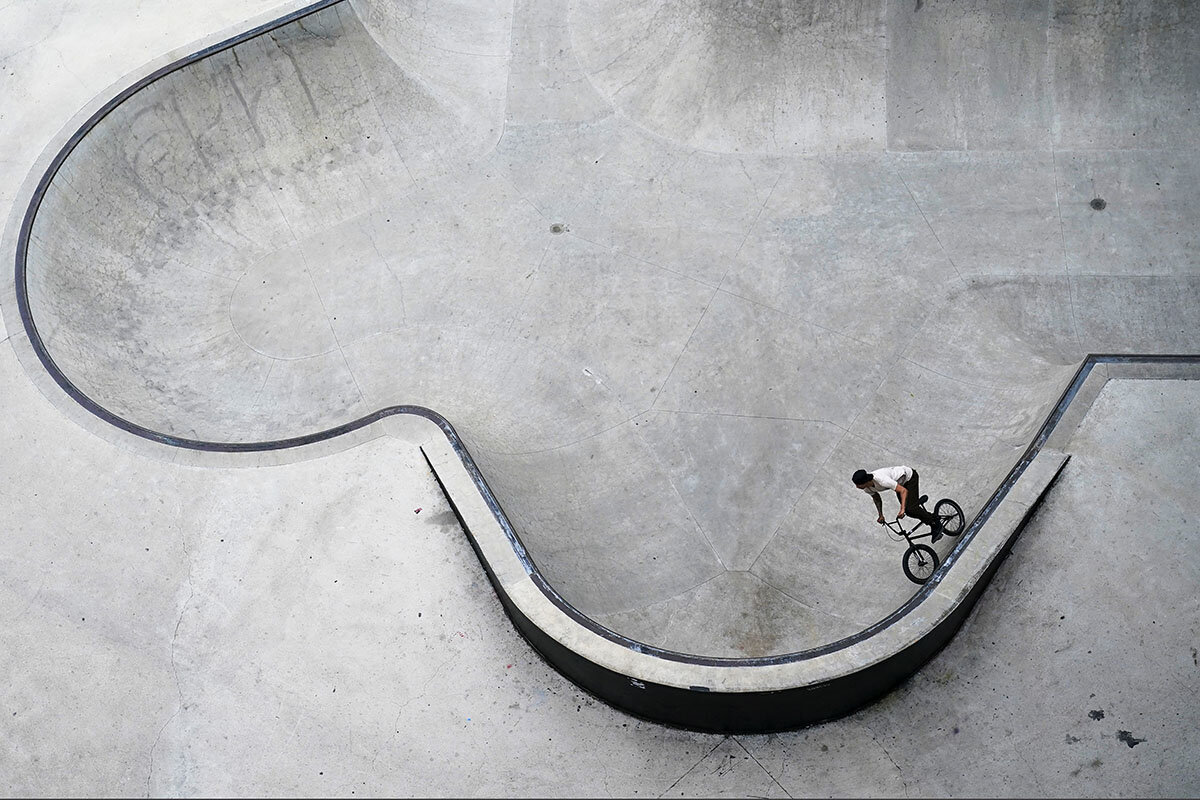Despite the convulsion of Israeli-Palestinian violence, there are signs that the arrival of a diplomacy-first Biden administration has accelerated a “diplomatic spring” across much of the Middle East.
Monitor Daily Podcast
- Follow us:
- Apple Podcasts
- Spotify
- RSS Feed
- Download
 Laurent Belsie
Laurent Belsie
When we take a road trip, I play a game. I try to spot out-of-state license plates. So this past weekend, when it came time to pick up my daughter Grace from college in Rochester, New York, I was eager to see how many states I could rack up – my unofficial scorecard for recovery from the pandemic.
Of course, we eliminated almost all trips in the past year. Even driving around local roads in Boston, it proved harder to spot out-of-state plates as traffic dropped. Last year, Boston roadways lost their ranking as the most congested in America. We’re now No. 4, behind New York, Philadelphia, and Chicago. But when an Alaska plate passed me a few days before the Rochester trip, I knew something was up.
The trip was fast and smooth. Interstate 90 through Massachusetts and New York felt about average. I bagged 37 states, pretty typical for a two-day trip in ordinary times. (Yes, that counts the Alaska plate because, east of the Mississippi, it’s the second-hardest to find after Hawaii.)
For the Memorial Day weekend, AAA expects 60% more Americans will hit the road than last year. That’s still 6 million fewer cars than pre-pandemic levels. But if you listen carefully, you can hear the roar of comeback.





